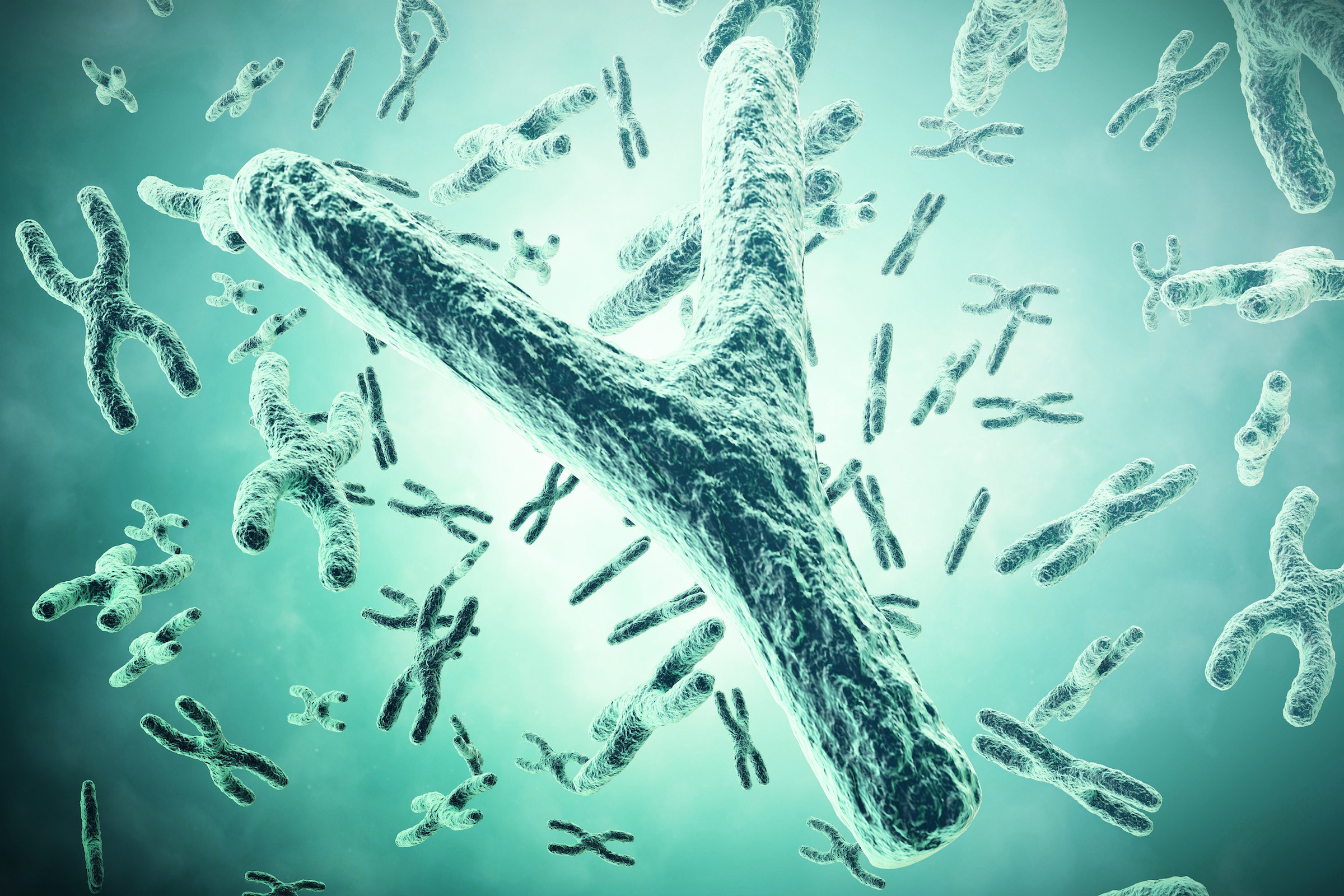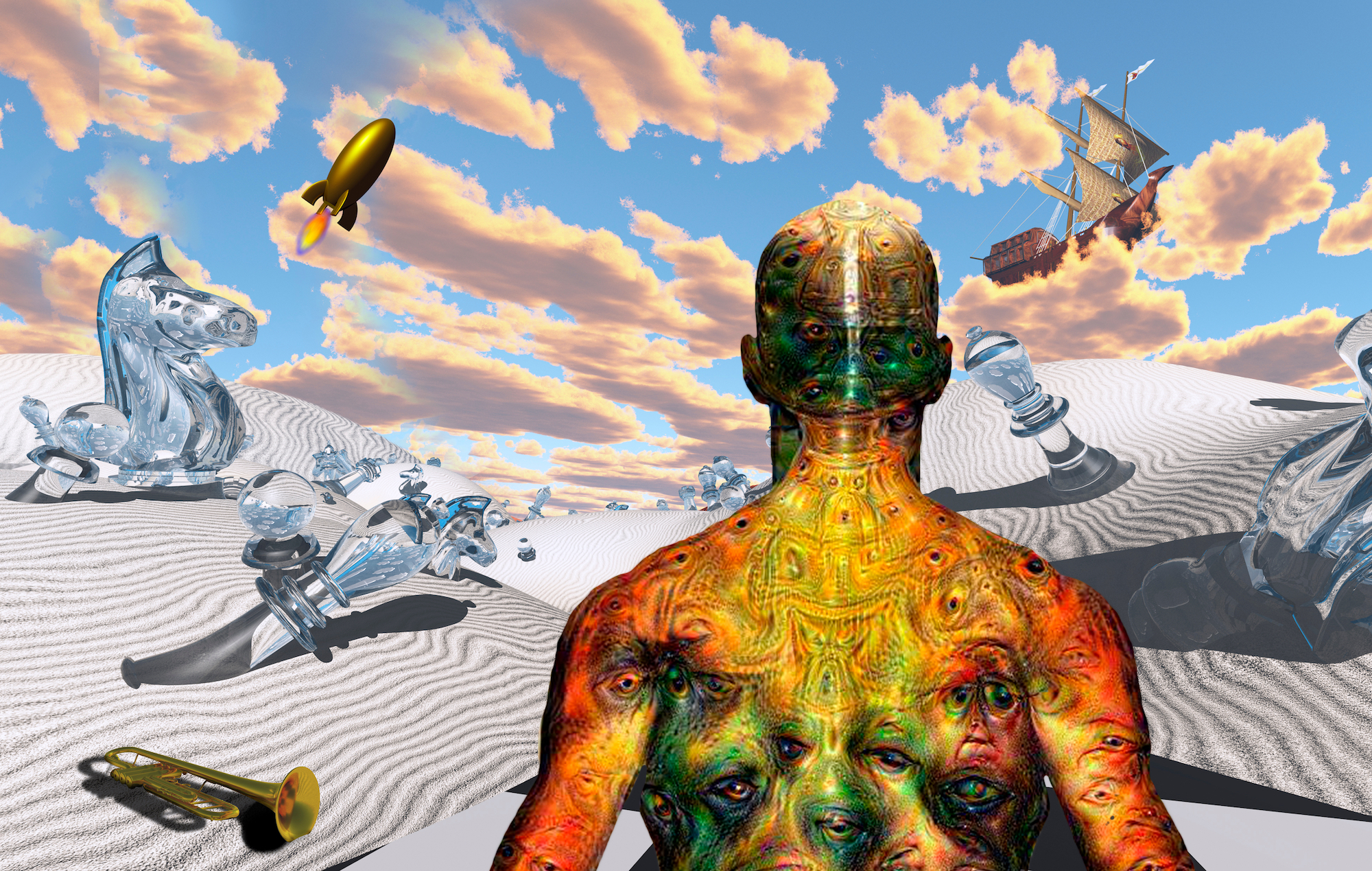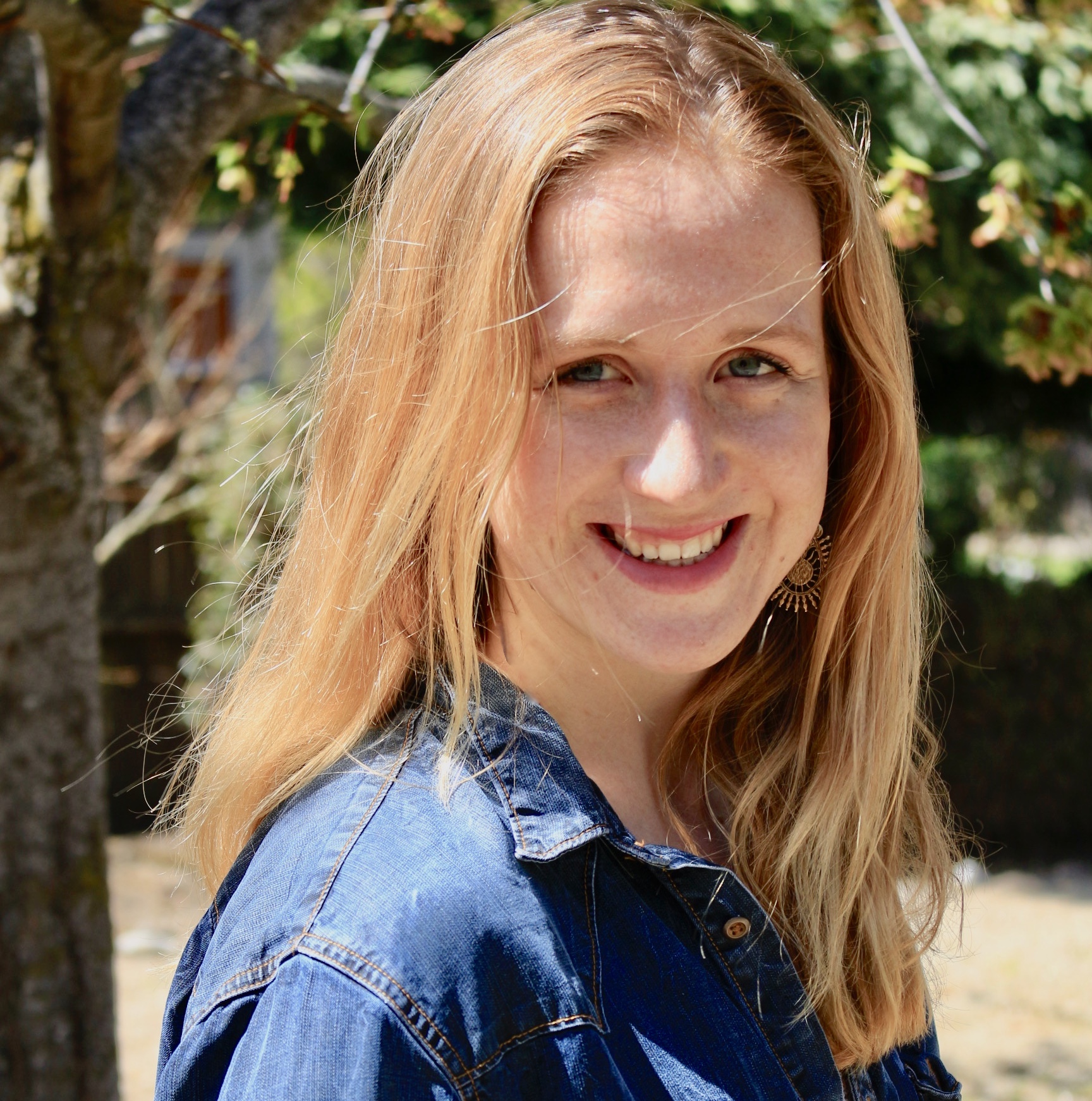
Isobel Whitcomb
Isobel Whitcomb is a contributing writer for Live Science who covers the environment, animals and health. Her work has appeared in the New York Times, Fatherly, Atlas Obscura, Hakai Magazine and Scholastic's Science World Magazine. Isobel's roots are in science. She studied biology at Scripps College in Claremont, California, while working in two different labs and completing a fellowship at Crater Lake National Park. She completed her master's degree in journalism at NYU's Science, Health, and Environmental Reporting Program. She currently lives in Portland, Oregon.
Latest articles by Isobel Whitcomb

How do tiny pieces of space junk cause incredible damage?
By Isobel Whitcomb published
Space junk moves at 10 times the speed of a bullet from an average gun.

Can animals give birth to identical twins, triplets or even quadruplets?
By Isobel Whitcomb published
Sure, one baby's tough. But what about two or more?

Is champagne stronger than non-bubbly alcoholic drinks?
By Isobel Whitcomb published
Do you need to exercise extra moderation with the champagne this Valentine's Day?

How does the rubber pencil illusion work?
By Isobel Whitcomb published
The rubber pencil illusion works because our brain can't keep up.

How do scientists figure out how old things are?
By Isobel Whitcomb published
Dating is hard, even for scientists.

What led to the emergence of monotheism?
By Isobel Whitcomb published
It depends on your definition of monotheism.

What are the most common ways people get injured?
By Isobel Whitcomb published
The most common culprit is found in most homes.

Are you genetically more similar to your mom or your dad?
By Isobel Whitcomb published
Are you genetically more similar to your mom or dad? Turns out, that's a complicated question to answer.

Was Jesus a magician?
By Isobel Whitcomb published
Jesus' ability to defeat death, heal people and produce food and drink elevated him above Roman gods in the eyes of many people. A wand would have enhanced that image.

Orthorexia: Causes, symptoms and treatment
By Isobel Whitcomb published
Eating healthily isn't a bad thing, but taken to the extreme, it can turn into a disorder called orthorexia nervosa.

What was the Black Panther Party?
By Isobel Whitcomb published
The Black Panther Party was a revolutionary socialist organization that demanded equal rights for Black people and Black communities.
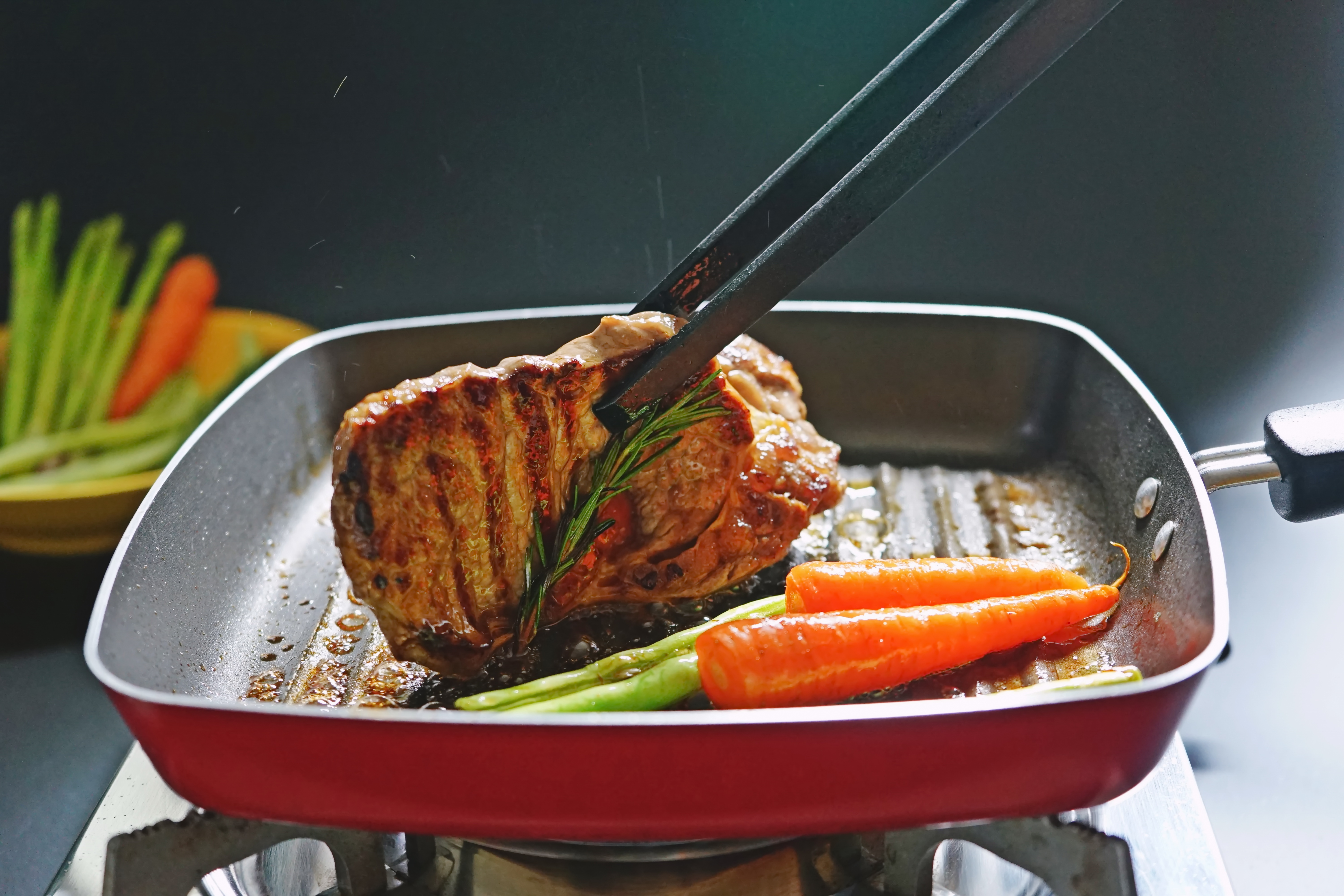
Are non-stick pans safe?
By Isobel Whitcomb published
Is Teflon, the clear plastic used to coat pots and pans, safe to use?

Does your personality change as you get older?
By Isobel Whitcomb published
Personality isn't fixed

Why do we develop lifelong immunity to some diseases, but not others?
By Isobel Whitcomb published
Why do some diseases infect us again and again?

Why do some people never gain weight?
By Isobel Whitcomb published
There's no genetic on-off switch for thinness.

How did bachelor and bachelorette parties get started?
By Isobel Whitcomb published
Debauchery didn't become a common theme until the Sexual Revolution.

What is chemotherapy?
By Isobel Whitcomb published
Chemotherapy has been widely used for treating cancer but it's side effects can be severe.

Can you recover repressed memories?
By Isobel Whitcomb published
There's no doubt we forget things — but what about repression?
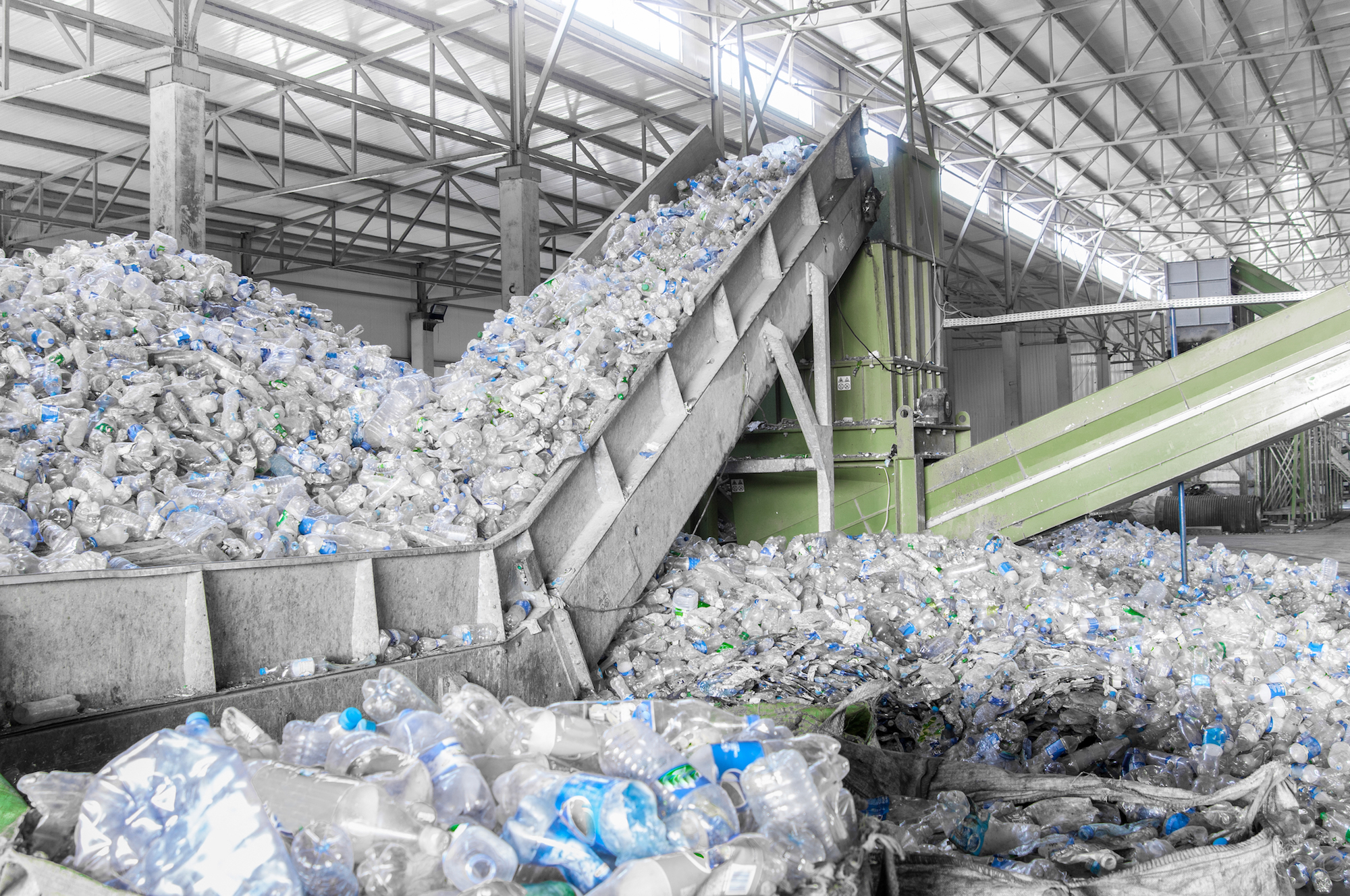
How much plastic actually gets recycled?
By Isobel Whitcomb published
A lot of plastics end up in the trash.

What was the Manhattan Project?
By Isobel Whitcomb published
Hundreds of thousands of Americans participated in the Manhattan Project. Most of them had no idea.

Is it dangerous to eat right before you swim?
By Isobel Whitcomb published
That old adage has since kept countless children on the pool deck, watching forlornly as their friends splash around. But according to science, swimmers have nothing to worry about.

Why do women have orgasms?
By Isobel Whitcomb published
There are a number of ideas about why the female orgasm happens.
Sign up for the Live Science daily newsletter now
Get the world’s most fascinating discoveries delivered straight to your inbox.
